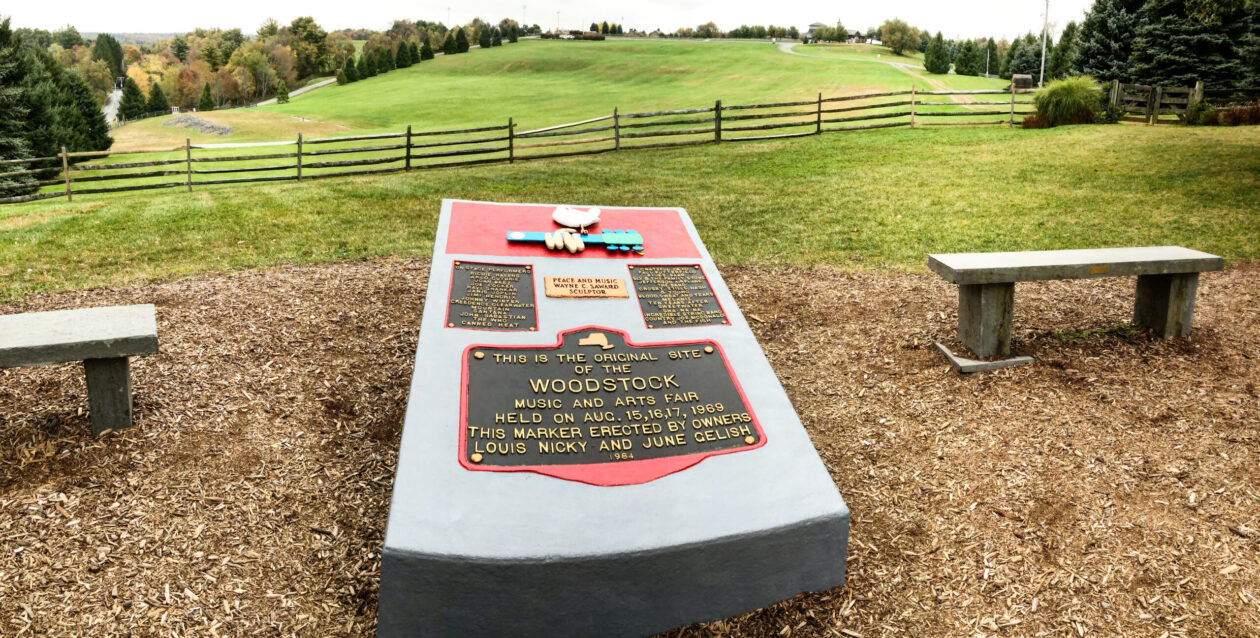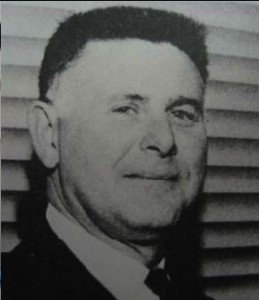Guitarist Stephen Stills
Happy Birthday Stephen Stills
January 3, 1945
The summer of 1966. I was 16 and Stephen Stills was 21. I sat and did my high school summer reading: Jules Vernes “Twenty Thousand Leagues Under the Sea.” Since my dad was at work in Brooklyn and my mom busy with my younger siblings, I could listen to my parents’ mono FM radio–the only one in the house– and a station I’d just discovered: WOR-FM.
The station’s music had a strong AM top ten feel to it, but the true attraction was that there were no DJs. I did not know why. All I knew is that without all that AM DJ chitter chat, the music seemed continuous.
The downside was that if I heard a song I did not know, there was no way to find out who it was. No Shazam then.
Guitarist Stephen Stills
Clancy Can’t Even Sing
Buffalo Springfield. That was who I heard. The first Buffalo Springfield single was, “Nowadays Clancy Can’t Even Sing” and it stuck with me.
Neil Young wrote it, but shy of singing (perhaps for good reasons), Richie Fury and Stephen Stills sang. I never heard of Buffalo Springfield, Neil Young, Stephen Stills, or Clancy. Like most Dylan songs, I had little notion of what the song sang:
And who's all hung-up
on that happiness thing?
Who's trying to tune
all the bells that he rings?
And who's in the corner
and down on the floor
With pencil and paper
just counting the score?
It sure sounds cool, but huh?
Guitarist Stephen Stills
C, S & N
I was sad when I heard that the Springfield had disbanded, but elated reading about this new group that David Crosby and Graham Nash had formed with Stills. Rolling Stone Magazine hinted at greatness on the way.
The band’s name on the Woodstock list was one of the main reasons I bought tickets to Woodstock and one of my toughest decisions to go home wet tired and hungry on Sunday afternoon without seeing them.
Suite: Judy Blue Eyes – Bridge Benefit, 1989:
Thank you…
Guitarist Stephen Stills
January 3, 1945
and
Happy birthday to you.
- Cick for a full fan report about Stephen Stills >>> Road Roots Authority
- Stills’s site







